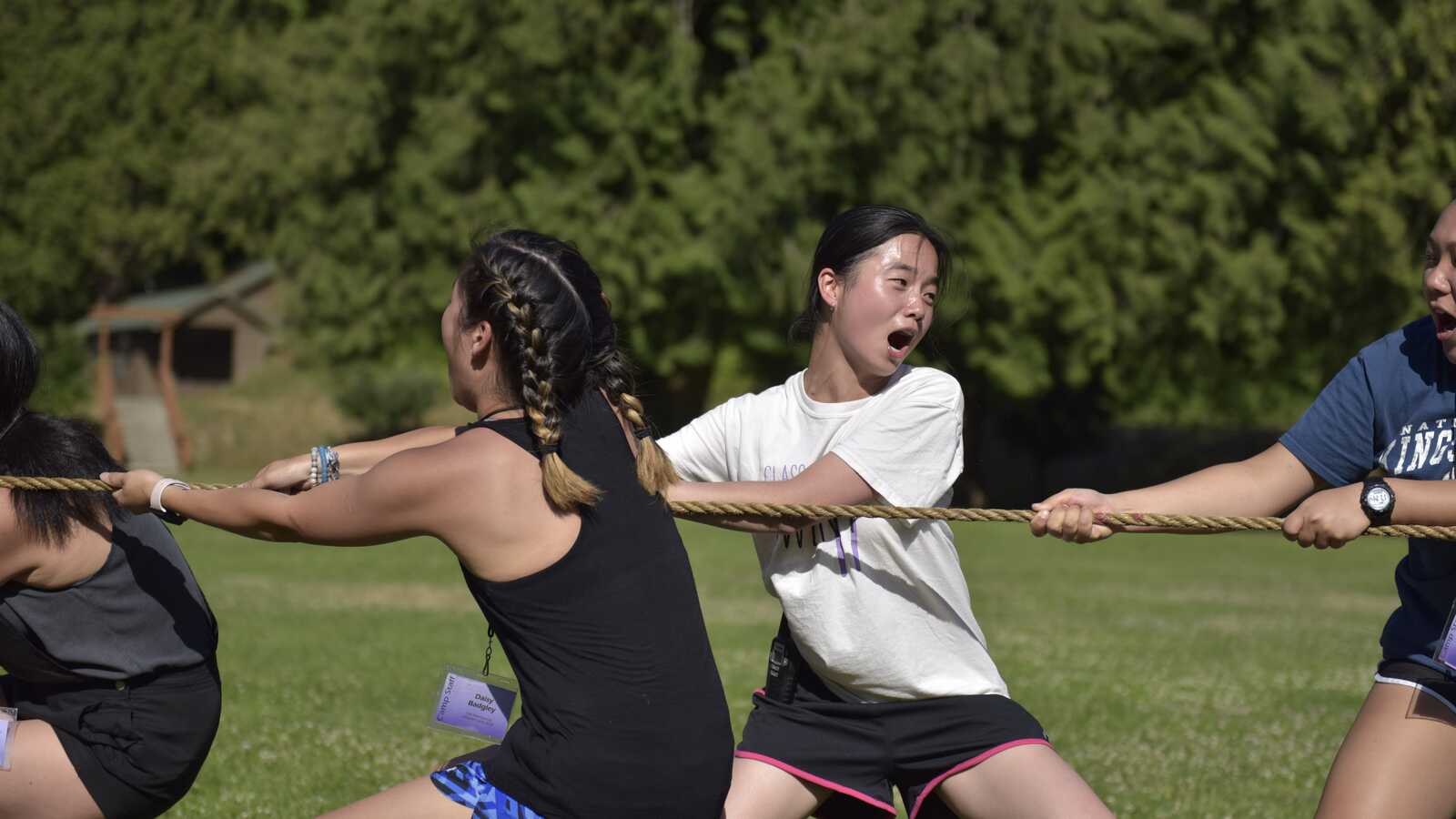I spent the summer before I started 6th grade searching for the perfect jean jacket. I tried on so many jean jackets in so many stores, but always found something lacking. The fade of the denim would be wrong, the pockets would be sewn shut, or it would have too many floral embellishments for my 10-year-old sense of fashion. A week before school started, I finally found the perfect jean jacket at an Express store — a store no longer in existence — at the mall. When I brought it to my mom, her only comment was, “Finally! Did you have to pick the most expensive one?”
Yes, I did.
The morning that we pulled up to the middle school, I stepped out of the car wearing my brand new jean jacket — and felt so good. Melissa F., who was so popular, strolled by me with her usual gaggle of girlfriends. “Cool jacket,” she said. I didn’t think it could get any better.
If only our identity hinged on a singular point, I would have been set. Instead, I found that throughout middle school, my identity was being profoundly shaped around my Adoptee and racial identity.
Middle-schoolers can get a pretty bad rap. I have worked with middle school-aged youth for many years and this specific time in a young person’s life remains my favorite. Middle-schoolers are a captivating mix of curiosity, awkwardness, hyperactivity and potential. Middle school is a time when things start to take shape for young people. It’s a time when Adoptees and all youth start to get a better grasp of who we are as individuals and how we want to be perceived by our peers and by the rest of our community. The way I wanted to portray myself when I started 6th grade was as the girl in the perfect jean jacket. If only our identity hinged on a singular point, I would have been set. Instead, I found that throughout middle school, my identity was being profoundly shaped around my Adoptee and racial identity. Along with the general development that occurs during this time of life, I believe that there are very middle school-specific factors that sharpened the focus on these unique parts of my identity.
Along with history projects, chapter book reports and running laps in the gym, teachers give lots of opportunities for projects about family history and cultural projects in middle school. I haven’t heard of many middle-schoolers that have made it out of middle school without attempting at least one family tree or heritage project. These projects can bring up a lot of complex feelings for Adoptees. For me, the conflict between different parts of my identity came to the forefront when we did a family and cultural history project in the 7th grade. As a Korean Adoptee in a white family, this was a challenge. Which part of my past was I supposed to delve into? How could I choose? Did I have to choose? At the time, I was really at the mercy of my teachers and parents to figure out how to navigate this.
For one project, we needed to bring in a doll that represented our family’s heritage. In the end, after discussions with my teacher, she insisted that I turn in a doll representing the Irish identity of my parents. I turned in a pale white cloth doll with red curly hair and a green jumper. And felt bothered.
For one project, we needed to bring in a doll that represented our family’s heritage. In the end, after discussions with my teacher, she insisted that I turn in a doll representing the Irish identity of my parents. I turned in a pale white cloth doll with red curly hair and a green jumper. And felt bothered. For our next project, we could pick anything about our family and make a three-fold poster board presentation. I chose to focus on Korea and my mom and I worked so hard to make this beautiful poster with some of the things that I had been given from Korea, including a traditional Korean dress and fan. I displayed that poster with pride, but I didn’t feel this deep connection to Korean culture as I had expected. There were beautiful objects on that poster and my surface-level knowledge of Korea had grown, but my identity still felt very unsettled. Doing a project on Korea just wasn’t the healing balm to the burden I was feeling about my history and who I was.
Events like these in middle school really brought up a lot of questions for me. They helped me begin to navigate the complexity of my story by bringing that complexity to the forefront. But for kids like me who were adopted into a transracial family, it was challenging that there was no structured formula to process that complexity. As Adoptees, thinking of our past can bring up a lot of feelings, and when we hit middle school, we start to recognize these feelings in a new way. It’s important for us to have these feelings acknowledged and feel support in our worlds to acknowledge their complexity.
It’s important for adoptees to have these
feelings acknowledgedand feel support in our
worlds to acknowledge their complexity.
Projects like the ones I mentioned are great learning opportunities for adoptive families to take a deeper look at Adoptee identity together. Middle school helped launch me into a deeper and more complex understanding of my identity because it put me in a position to evaluate. I didn’t leave for high school as a fully formed, completely well-adjusted young person, but I was able to start asking harder questions about myself.
I still have that jean jacket that I wore to my first day of 6th grade. It is faded and the material at the elbows has slowly been worn down to nothing. That jackets has only gotten better with time because it carries all of the lessons that I’ve learned since middle school and has become an entirely new jacket. We might get a little roughed up and challenged in middle school, but the hope is that we come out more comfortable, a little more confident and ready to see what’s coming next. So here’s to a celebration of middle school-age Adoptees and all of the lessons, challenges and wonders ahead of you!
Caitlin Howe | Former Holt team member



Thank you. Our son has started a new school as a 5th grader and his anxiety increased. This article helped him understand he isn’t alone. Thank you. Ann
And that jean jacket was worth every penny!
Very well said Caitlin. In my opinion most conversations at least every social media user needs to be having. Questioning the negative effects of social media is so important because it isn’t just about connection and community anymore. It’s low-key been taken to the extreme to where we obsess over those likes and followers and “friends”. You can hide behind a screen and be only the highlights of your life. This, whether we’re aware of it or not, can deteriorate our own self-image, feeling like our actual life isn’t good enough. Unfortunately, this is one among many problems having a plethora of knowledge of other peoples’ lives and being able to “stay connected” causes. Not to mention how this impacts a child’s necessary development of social skills. anyway thank you for sharing this article.